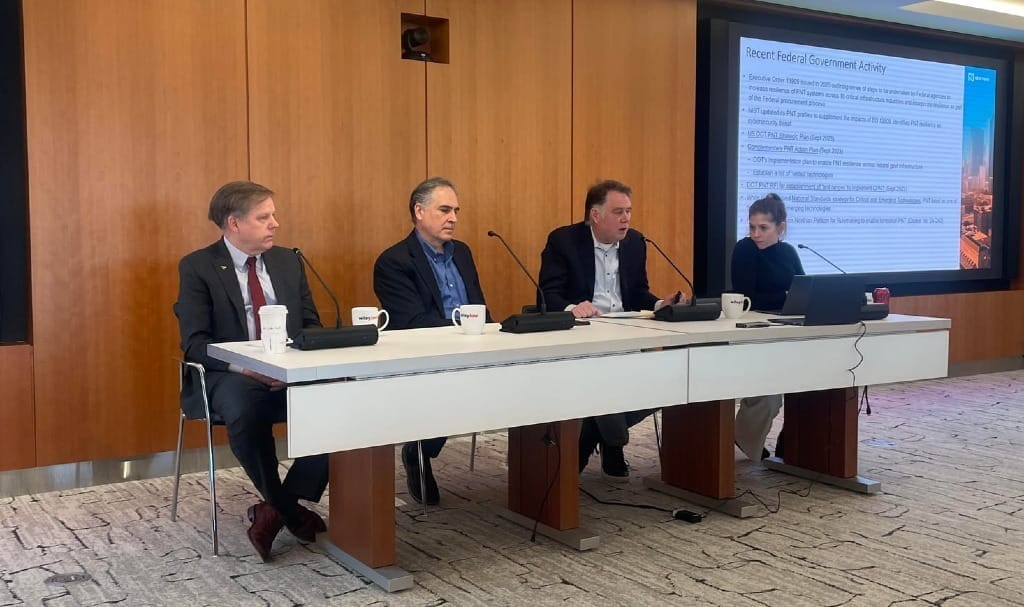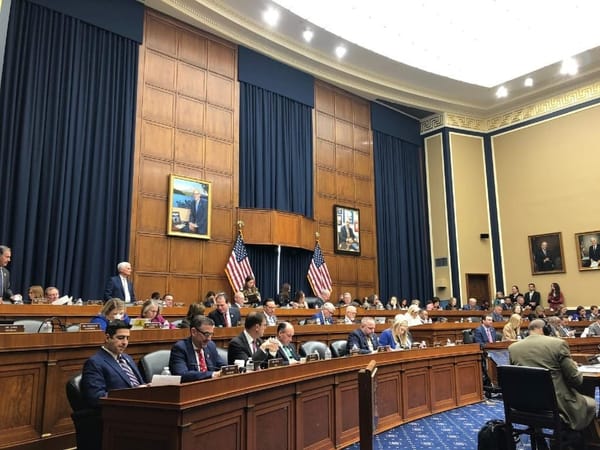Positioning Navigation and Timing Executives Want More Resiliency for GPS
Telecommunications industry may be vulnerable in the event of PNT sabotage.

Telecommunications industry may be vulnerable in the event of PNT sabotage.

WASHINGTON, Dec. 5, 2024 – Executives in the positioning, navigation and timing space want more resiliency for GPS in order to ensure communications viability.
Virginia Tech’s Professor of Practice David Simpson noted in the Thursday discussion, which included Iridium’s President and Chief Technology Officer Greg Gutt, that the telecommunications industry relies on PNT for wired and wireless technology, the internet of things, and healthcare monitoring. The panel was moderated by Wiley Rein Associate Jillian Quigley.
“PNT is under attack today [by adversarial nations,]” Simpson said. “When we lose PNT, we lose things like the timing [which is] important for communications, or for long haul communications.”

Officials say the first phase of the city’s network will install over 100,000 feet of new fiber optic cable.

Join us as we explore the opportunities and challenges at the intersection of broadband and agriculture.

What constitutes an 'invidious' DEI policy in regulators' eyes?

Democrats warn the law will fall flat without a functional FTC to enforce it.